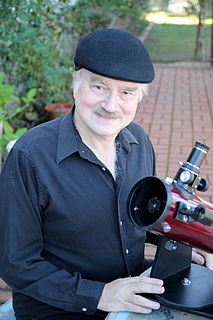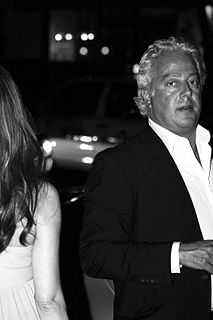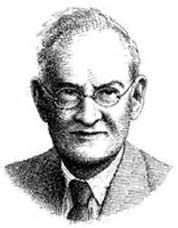A Quote by Samuel Johnson
Resolve not to be poor: whatever you have, spend less. Poverty is a great enemy to human happiness; it certainly destroys liberty, and it makes some virtues impracticable, and others extremely difficult.
Related Quotes
For, when you are approaching poverty, you make one discovery which outweighs some of the others. You discover boredom and mean complications and the beginnings of hunger, but you also discover the great redeeming feature of poverty: the fact that it annihilates the future. Within certain limits, it is actually true that the less money you have, the less you worry.
Envy and resentment are terribly corrosive passions. To suffer at the sight or even the thought of others' enjoyment of life makes one a committed enemy of human happiness. Such people end up being practically a curse upon the human race. They vandalize life, exerting themselves not in the pursuit of gain or pleasure, but to hinder others' enjoyment.
Poverty in Egypt, or anywhere else, is not very difficult to explain. There are three basic causes: People are poor because they cannot produce anything highly valued by others. They can produce things highly valued by others but are hampered or prevented from doing so. Or, they volunteer to be poor.
In our concern for others, we worry less about ourselves. When we worry less about ourselves an experience of our own suffering is less intense. What does this tell us? Firstly, because our every action has a universal dimension, a potential impact on others' happiness, ethics are necessary as a means to ensure that we do not harm others. Secondly, it tells us that genuine happiness consists in those spiritual qualities of love, compassion, patience, tolerance and forgiveness and so on. For it is these which provide both for our happiness and others' happiness.
Instead of a bumbling and inefficient tool of society, the radical [libertarian] sees the State itself, in its very nature, as coercive, exploitative, parasitic, and hence profoundly antisocial. The State is, and always has been, the great single enemy of the human race, its liberty, happiness, and progress.
This sutra enjoins a rule of morality. It says nobody should be disrespected. A man can impress evdrybnody by his virtues. Disrespecting others means downfall of our own virtues. A person who disrespects others, in a way disrespect himself. A virtuous man does not disrespect his friend or vevn his enemy. Disrespect to enemy can investigate him toreact. The best thing is to destroy him completely. For a ruler this is very important.





































